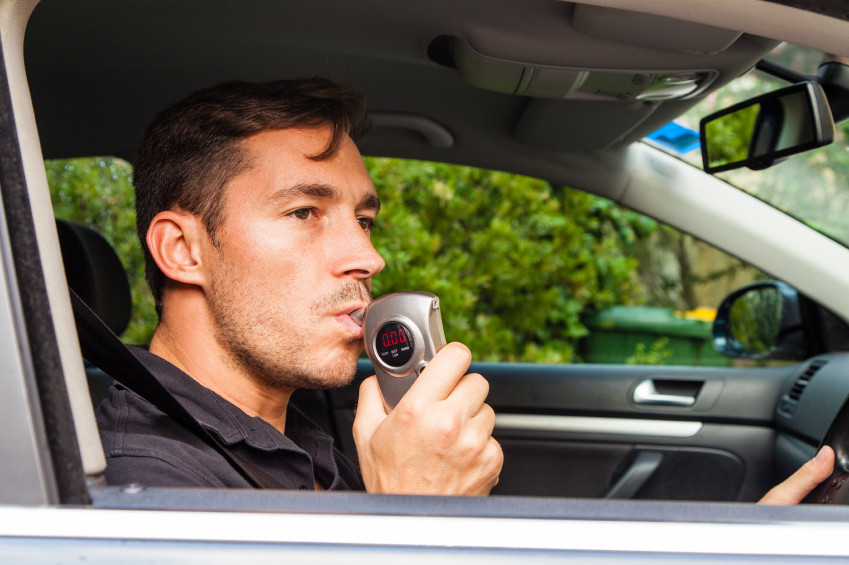Emma’s Law is in Effect to Curb Charleston Drunk-Driving Accidents

On New Year's Day in 2012, the Longstreets were headed to Sunday church in their minivan. Unbeknownst to the family of six, a 26-year-old by the name of Billy Hutto Jr. was barreling down the road at 57-60 miles-per-hour in a 35 zone. Hutto didn't acknowledge the red light he should have stopped for, and there were no skid marks at the scene to indicate he even attempted to slow. Not only was he was driving under the influence that day, but he had been convictedof a DUI less than three years before. The drunk-driving accident that ensued caused the Longstreet's minivan to collide with another vehicle, injuring that driver, as well as several members of the Longstreet family, and took the life of their six-year-old daughter, Emma. New Legislation to Stop Repeat DUI Offenders Hutto was sentenced to 10 years for the drunk-driving accident, and the Longstreet family turned their attention to reforming DUI laws. Near the end of 2014, their efforts paid off, and Emma's Law went into effect. It requires certain DUI offenders to install a blood-alcohol ignition interlock device (BAIID), which will stop a car from starting if the driver has consumed alcohol. It works like a standard breathalyzer, though it short-circuits the vehicle when a BrAC of at least 0.020 is detected. In addition, it tracks occurrences, so drivers are penalized for attempting to drink and drive. The device also requires drivers to test at random intervals while driving, though it simply records violations, and does not stop the vehicle if alcohol is detected. Who Must Have a BAIID State law requires anyone who receives a DUI with a BAC of 0.15 or greater to have a BAIID installed at their own expense. First-time offenders must have it for a minimum of six months, and the length of time it's required to remain in place increases with subsequent DUIs. If a person receives four DUIs, he must keep the ignition lock on any vehicle they drive for the rest of his life. Drivers who are required to have a BAIID must also obtain a restricted license, which only allows them to drive a vehicle with the ignition lock in place. Those who have previous DUI convictions from as far back as 2008, and who still have a suspended license, are able to choose between opting into the program,or adding three years to their existing suspension.There aren't any statistics yet to show how well Emma's Law is working yet, because the program is so new. However, proponents of the change remain optimistic. It may help curb as much as one-third of all alcohol-related incidents. Even still, two-thirds of DUI collisions are caused by first-time offenders, and there is no way to stop those vehicles from starting.
Charleston Drunk-Driving Accident Attorney
DUI crashes lead to loss of life, andthey can also leave a family in financial ruin. It's incredibly difficult to manage medical bills and other expenses, especially if you're forced to take time off work. If you've been injured or have lost a loved one in an alcohol-related collision, you may be entitled to compensation. At Clore Law, we understand the challenges you face, and we will come to you if you're healing, and will fight for a fair settlement on your behalf. For a free consultation, please fill out our online form or speak with one of our attorneys immediately by calling1(800)610-2546.
Contact Us
Clore Law Group welcomes your questions about any issues concerning a serious personal injury, car accident, medical malpractice, nursing home neglect, or business tort. If you have a viable claim, we’ll explain the legal process. Since consultations are always free, there’s no cost in learning your legal options.